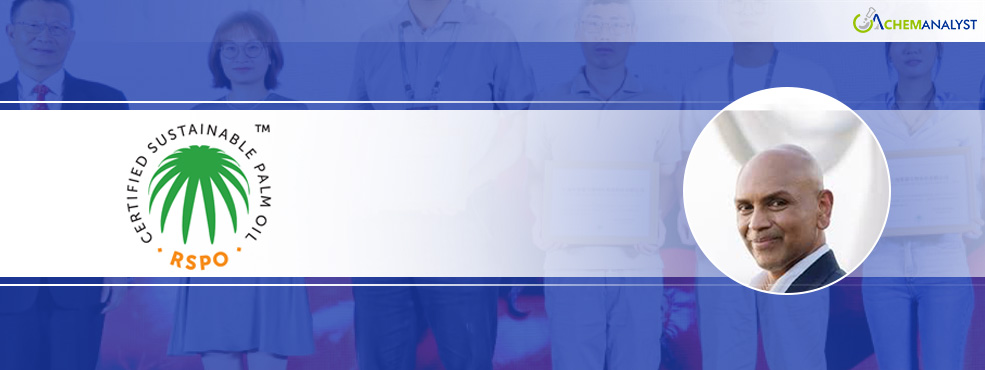Welcome To ChemAnalyst

Building on two decades of progress, the Roundtable on Sustainable Palm Oil (RSPO) has called for more focused efforts to scale innovation and drive transformative changes in the palm oil sector. The RSPO’s Annual Roundtable Conference (RT2024), supported by Thailand's Ministry of Agriculture and Cooperatives, was held in Bangkok from November 11-13, as preparations for the RSPO 2024 Standards were underway. These revised Standards include the 2024 RSPO Principles & Criteria (P&C) and the 2024 RSPO Independent Smallholder (ISH) Standard. They aim to provide clearer, more auditable guidelines while focusing on critical issues such as deforestation, human rights due diligence, and smallholder inclusion in global supply chains.
In his keynote speech, RSPO’s first Secretary General, Teoh Cheng Hai, reflected on the organization's evolution into the global gold standard for sustainable palm oil production. He emphasized the importance of innovative partnerships to strengthen RSPO's position as a world-class leader that can guide the global palm oil supply chain in alignment with the 2030 United Nations Sustainable Development Goals. RSPO CEO Joseph D'Cruz reaffirmed that the organization is prepared for future challenges. He highlighted how RSPO’s enhanced standards, verification systems, and digital tools, like the prisma platform for certification and traceability, will support members in managing risks and complying with new regulations.
At RT2024, several strategic partnerships were formed to increase the social, environmental, and economic benefits of certified sustainable palm oil (CSPO). One of the key partnerships was between RSPO and the High Conservation Value Network (HCVN), which signed a Memorandum of Understanding (MoU) to promote best practices for protecting high conservation value (HCV) and high carbon stock (HCS) forests. This partnership aims to protect ecosystems, biodiversity, and areas critical to indigenous communities. Since adopting the HCV and HCS approaches, RSPO Certification has safeguarded over 646,700 hectares of forests globally, including tropical peatlands and riparian reserves.
RSPO’s smallholder certification program has also expanded, with over 40,000 independent smallholders certified globally by 2023. In recognition of their role in reducing greenhouse gas emissions, RSPO partnered with Global Green Chemicals (GGC) and GIZ to integrate climate impact reduction into RSPO certification. Their project, aimed at promoting low-carbon farming practices, will include a carbon footprint calculation tool for fresh fruit bunches and the development of training programs for farmers.
At RT2024, the RSPO also marked milestones in CSPO production and consumption. CSPO production grew by 4.3% year-on-year, reaching 16.1 million metric tons, while consumption increased by 7.2%, reaching 9.8 million metric tons. The RSPO's Shared Responsibility (SR) Framework helped members meet their CSPO uptake targets, with downstream members purchasing over $7 million worth of ISH Credits, benefiting certified smallholders.
The conference highlighted China’s growing demand for sustainable palm oil, with Yili Group and Yihai Kerry spearheading the first shipment of RSPO CSPO to China. The RSPO Excellence Awards also celebrated outstanding contributions to sustainable palm oil, with winners including Ferrero, Procter & Gamble, and Chester Zoo.
We use cookies to deliver the best possible experience on our website. To learn more, visit our Privacy Policy. By continuing to use this site or by closing this box, you consent to our use of cookies. More info.
